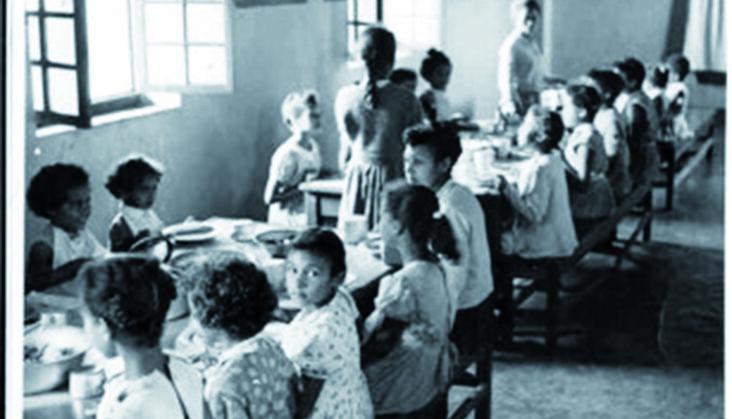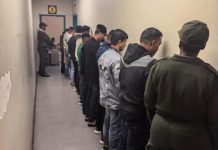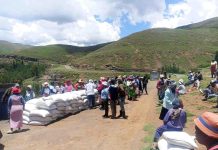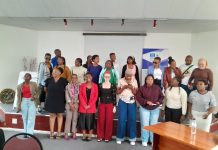Africa-Press – Lesotho. By setting up a system of targeted segregation in Belgian colonial Africa against Métis and their families, the Belgian state has committed acts contrary to the respect of fundamental human rights.
” These were the words of Belgium’s then prime minister Charles Michel on 4 April 2019, thereby recognising at long last one of Belgium’s secrets.
“This is why, on behalf of the Federal Government, I recognise the targeted segregation of which the métis were victims under the colonial administration of the Belgian Congo and Ruanda-Urundi (now Rwanda and Burundi) until 1962 and following decolonisation, as well as the policy of related forced abductions.
On behalf of the Federal Government, I apologise to the métis from the Belgian colonisation and their families for the injustices and suffering they have suffered. I also wish to express our compassion for African mothers, whose children have been taken away from them.
And despite the late apology on behalf of the Belgian government, these words finally put on display a chapter of colonial history that had widely been forgotten.
A year later, there are still some concrete reparation measures that have not yet been taken to address the remaining problems and suffering of the Métis born during Belgian colonisation and their descendants.
During the time of Belgium’s control of Congo and Rwanda-Urundi (Burundian), although no law prohibted inter-racial relationships, it was frowned upon and generally discouraged.
But many white Belgians impregnated Congolese and Rwandan women, either by force or through affairs. In due time, Brussels decided to take action against the growing number of Métis children, who were not white enough to be Belgian nor black enough to be Congolese.
So the government kidnapped these children from their mothers, starting at the age of two. It placed them in boarding schools that were cut off from both the European and African world, a kind of cocoon to ensure they had relationships with no one.
The majority of these children were brought up in these isolated Catholic institutions or orphanages by priests or nuns away from family and often away from their country of origin. Once they came of age, they were married off to other Métis people.
But when independence came, the Belgian government and the missionaries argued that these children would face major problems with the local population if they stayed on in these independent countries.
So some 1,000 children were taken to Belgium to be adopted, raised in boarding schools or to live amongst foster families.
Many of the biological mothers were contacted and forced to sign a letter allowing their child to be taken to Belgium. As part of the amends still to be made, the Métis people are asking authorities to set up an educational programme and create awareness-raising measures concerning the history of the Métis people.
This part of Belgium’s history – as dark as it is – must be taught in history textbooks. The minister for education of the Wallonia-Brussels Federation has already prioritised this request.
As soon as possible following the current global health crisis, the Belgium Association of Metis (AMB/MVB) will contact the minister to ensure a member/expert of the association sits on the committee that will be set up for this purpose.
Case studies to be distributed to schools are being developped. In order to eliminate all forms of discrimination and knowing that inter-community dialogue is key, it is important that chapters on colonisation be reviewed and that a specific point on the Métis is included.
A Métis resolution unanimously adopted by Belgium’s Federal Parliament on 29 March 2018 along with a ‘Solemn and Memorial Declaration’ created two legislative texts that recognised the discrimination suffered by the Métis as a result of Belgian colonisation in Africa.
For More News And Analysis About Lesotho Follow Africa-Press






